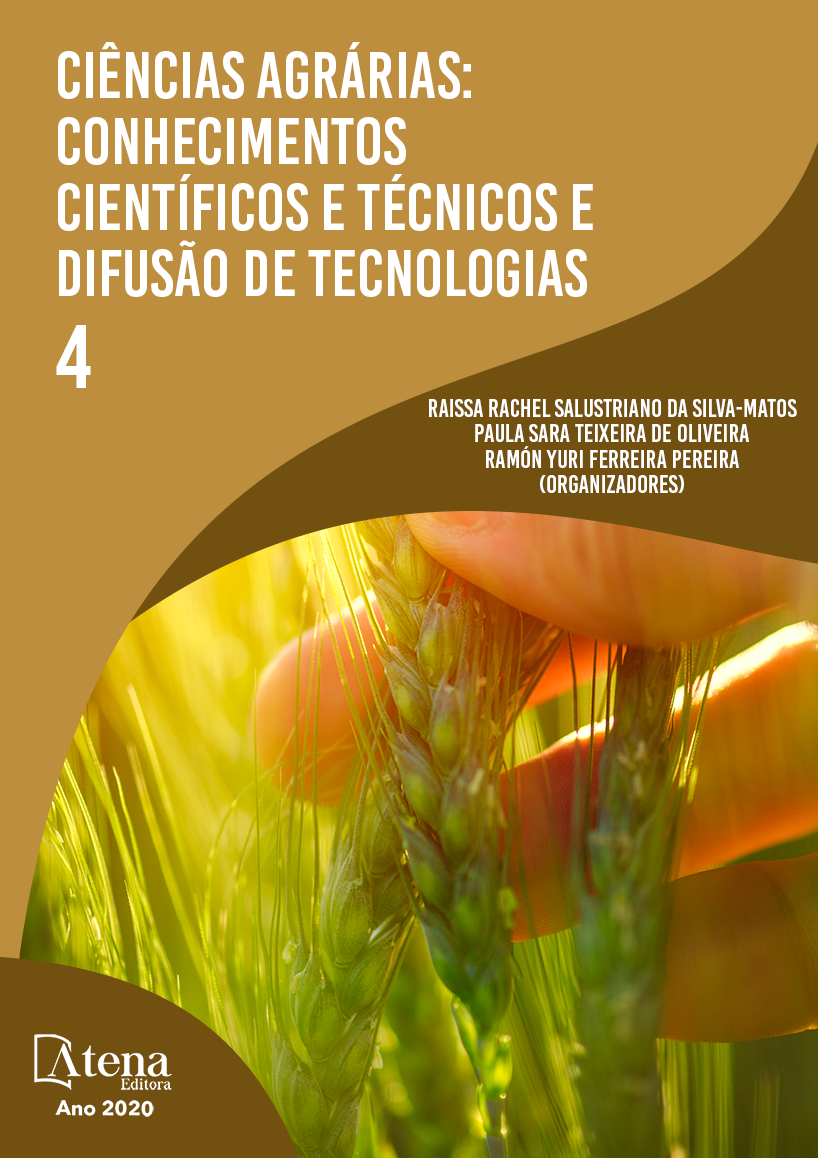
INFLUÊNCIA DE MÉTODOS DE SECAGEM SOBRE A CAPACIDADE DE REIDRATAÇÃO DE ESFERAS DE ALGINATO DE SÓDIO E ÓLEO DE PEQUI
O óleo de pequi (Caryocar coriaceum Wittm.) apresenta grande potencial nutricional e farmacêutico, sendo o processo de microencapsulamento uma alternativa viável para a proteção desse bioativo. Métodos de secagem podem influenciar as características finais de partículas microencapsuladas. Sendo assim, o presente trabalho teve o objetivo de avaliar a influência da secagem natural e artificial de esferas de alginato de sódio (AG) e óleo de pequi (OP) sobre a capacidade de reidratação das partículas. Uma emulsão de AG e OP (1:1 m/m) foi preparada em uma concentração final de 2% (m/v) e gotejada em solução de CaCl2 0,5% (m/v) para a formação das microesferas. As amostras secas em estufa apresentaram um alto índice de reidratação com tamanho médio de partículas de 3,47 ± 0,51 mm. Diferentemente das amostras secas a temperatura ambiente que apresentaram tamanho de partículas de 1,77 ± 0,27 mm, após o processo de reidratação. Com isso, foi possível comprovar que a secagem a temperatura ambiente influenciou significativamente a capacidade de intumescimento das partículas.
INFLUÊNCIA DE MÉTODOS DE SECAGEM SOBRE A CAPACIDADE DE REIDRATAÇÃO DE ESFERAS DE ALGINATO DE SÓDIO E ÓLEO DE PEQUI
-
DOI: 10.22533/at.ed.88620150712
-
Palavras-chave: Secagem em estufa. Secagem a temperatura ambiente. Encapsulamento. Reidratação.
-
Keywords: Oven Drying. Dry at room temperature. Encapsulation. Rehydration.
-
Abstract:
Pequi oil (Caryocar coriaceum Wittm.) has great nutritional and pharmaceutical potential, being the microencapsulation process a viable alternative for the protection of this bioactive. Drying methods can influence the final characteristics of microencapsulated particles. This work aimed to evaluate the influence of natural and artificial drying of spheres of sodium alginate (AG) and pequi oil (OP) on the rehydration capacity of the particles. An emulsion of AG and OP (1: 1 m / m) was prepared in a final concentration of 2% (w / v) and dripped in 0.5% CaCl2 solution (w / v) to form the microspheres. The dried samples showed a high rate of rehydration with an average particle size of 3.47 ± 0.51 mm. On the other hand, samples dried at room temperature had particle sizes of 1.77 ± 0.27 mm, after the rehydration process. It was possible to prove that drying at room temperature significantly influenced the rehydration capacity of the particles.
-
Número de páginas: 9
- Luana Carvalho da Silva
- Rachel Menezes Castelo
- Carlucio Roberto Alves
- Roselayne Ferro Furtado
- Gabrielle Albuquerque Freire


